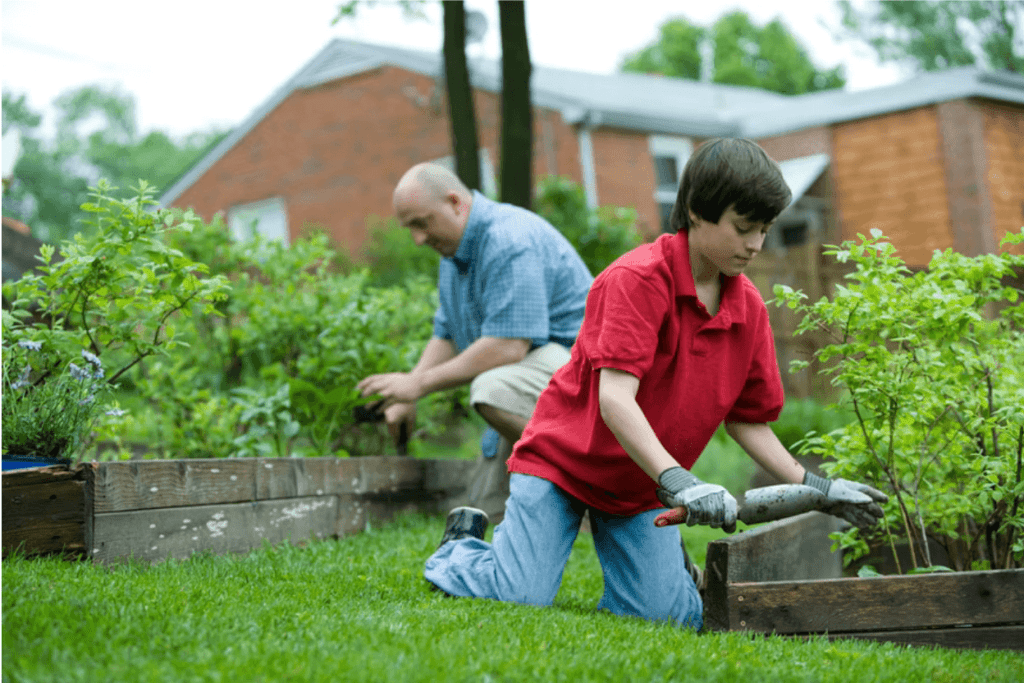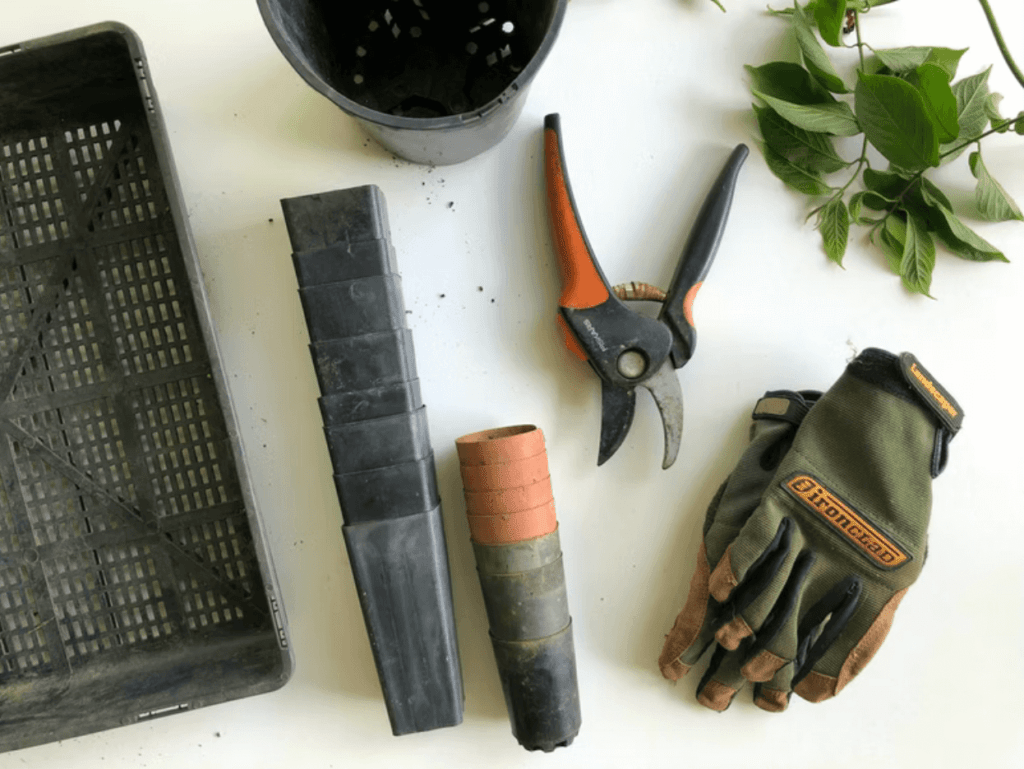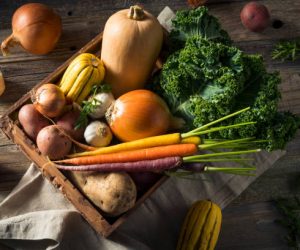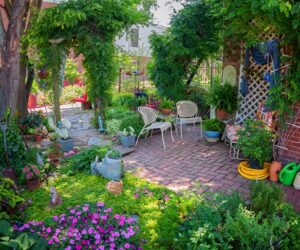Gardening is a really exciting adventure, but many very first-time gardeners soon find how overwhelming it can be as well. Gardening as a beginner doesn’t have to be difficult if you’re willing to learn from the mistakes of those who’ve been there before you. Therefore here are six smart tips that can help you get started on your first gardening journey.

Pick The Right Location
The first thing you should do when starting your garden is to find the perfect location for it. You need an area that gets at least six hours of sunlight, whether it’s a sunny windowsill or a designated patch of ground on your lawn or backyard. A good way to determine how much sunlight your garden plot gets is to simply use the 2, 4, 6 rule. This means that for every square foot of your garden plot, there must be at least two feet between you and a shading object to get enough light. As seen at www.urbanorganicyield.com, the perfect time to install a garden plot is during spring so you can avoid getting it in the way of summer showers. Also, try not to pick a location that is too damp, as this can lead to root rot or fungus.
Prepare The Soil Well In Advance
Depending on what you plan to grow, you should be testing your soil before you start planting seeds or seedlings. Even if the plants prefer a particular pH level, it’s important to check the overall condition of your soil as well. You may need sand for drainage, manure for nutrients, or simply a bit of compost or fertilizer. It’s possible that heavy clay soil needs sand added to make the ground looser and easier for roots to break through. If your soil is too loose, then it isn’t going to hold enough water for healthy growth. Another possible problem is sand, which can drain the soil too quickly and not retain enough water for healthy growth. Therefore, having rich soil that needs no added nutrients is the best option.
Use The Right Tools And Pots
Having enough tools and pots can make your gardening efforts easier, especially when it comes to transplanting seedlings or repotting plants. There are three main categories of garden tools: hand tools like trowels, bigger handheld items like rakes, and power tools like lawnmowers. For pots, you need something deep enough for plant roots but not so steeply curved that water runs out quickly. You may want to use just one kind of pot throughout the garden if certain varieties take well to particular materials. The best material for pots is terracotta, which offers good drainage along with the porousness of clay.
Select The Right Plants
It’s a good idea to select the right plants for your garden depending on both how much work you’re willing to put in and how much maintenance those plants will need. If you’re looking for some instant gratification from your garden, then flowers or salad crops are a great choice as they can grow quickly and easily. However keep in mind that different varieties of certain types require specific amounts of water, sunlight, and care. Some edible plants also have strong preferences about whether they go into the ground or a pot first, so check online before starting on them.
Get The Right Tools
Having the right tools can help you to be more efficient in your gardening. A good pair of gloves should always be at the top of your list. Gloves protect you from many different things, including bug bites, sunburns, thorns, and scratches. Different kinds of gloves are designed for different purposes so try out a few to see which work best for you. You might also want to invest in other useful items like trowels or potting forks if they’re required for specific plants. The best way to find out what gardening tools you’ll need is just to ask an experienced gardener or someone who grows the same kind of plant that you’re planning on planting. There are also plenty of resources online about tools needed for different kinds of plants.
Make Use Of Natural Insecticides And Fertilizers
If you want to go the truly natural route, then it’s a good idea to find out a bit about which insects or diseases attack different plants. You can then use a homemade insecticide or an organic fertilizer rather than something with chemicals if your plants are under attack from common pests. Also, try to keep in mind that some plants don’t need as much water as others and may even do better in drier conditions than wetter ones. It’s also important not to overfeed your garden as certain types of fertilizers can cause problems for your plants.

As you can see, getting started with your garden doesn’t have to be difficult at all if you have a clear idea of what needs doing. All you need is a bit of time and effort, and if you follow these smart tips listed above, then you will have a healthy, green garden in no time.



